Publications
Articles, publications, books, tools and multimedia features from the U.S. Institute of Peace provide the latest news, analysis, research findings, practitioner guides and reports, all related to the conflict zones and issues that are at the center of the Institute’s work to prevent and reduce violent conflict.
Peace Operations and Common Sense: Replacing Rhetoric with Realism
The shortcomings of several recent peace operations have led many people to conclude that the whole concept is flawed and has little bearing on U.S. interests. The record, however, suggests that peace operations have not only reduced instability in many parts of the globe but have also been something of a minor boon to U.S. foreign policy.
Peace Operations and Common Sense
The shortcomings of several recent peace operations have led many people to conclude that the whole concept is flawed and has little bearing on U.S. interests. The record, however, suggests that peace operations have not only reduced instability in many parts of the globe but have also been something of a minor boon to U.S. foreign policy. It is necessary to confront this strange gulf between Washington perceptions and reality. Denis McLean, a New Zealander, is currently Warburg Professor ...
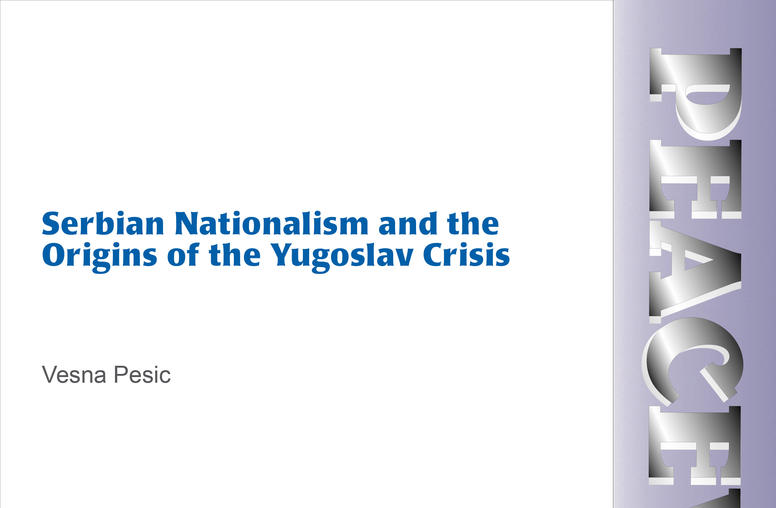
Serbian Nationalism and the Origins of the Yugoslav Crisis
The dissolution of multinational communist federations and the ensuing armed conflicts that have emerged with their transformation into independent nation-states have returned the "national question" (i.e., the relationship of a national or ethnic group to a state that includes multiple ethnic groups within its territory) to the forefront of debates over international politics, law, and theory.
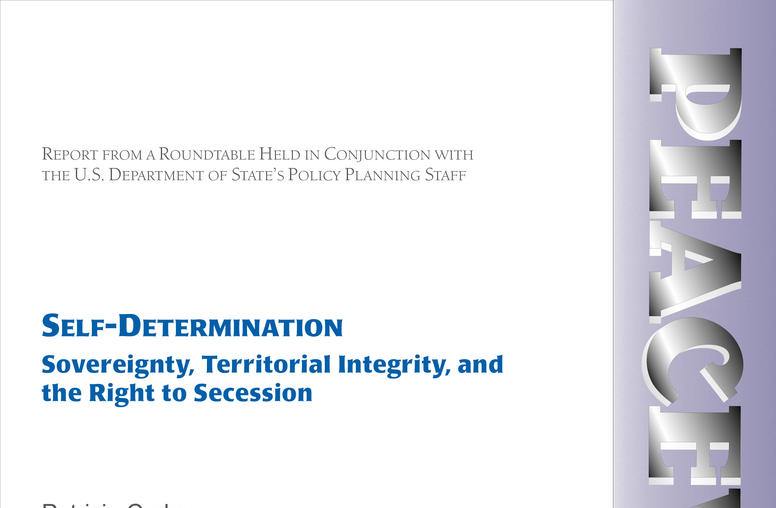
Self-Determination: Sovereignty, Territorial Integrity, and the Right to Secession
The right to self-determination has become one of the most complex issues for U.S. foreign policymakers and the international community at large.
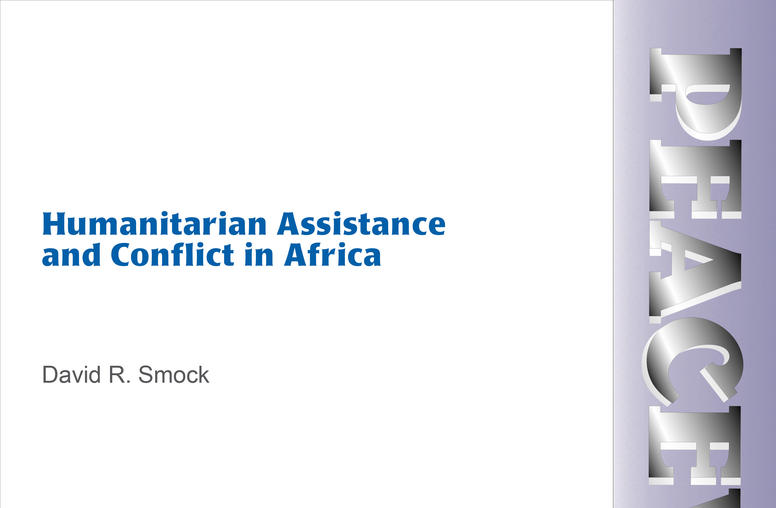
Humanitarian Assistance and Conflict in Africa
The good work of nongovernmental organizations (NGOs) in recent conflicts in such countries as Somalia, Haiti, and Bosnia is well known—providing food, shelter, medicine, and a host of other materials and services under extremely difficult conditions. But does humanitarian assistance in some cases actually exacerbate conflict?

NGOs and Conflict Management
The staff of the Institute has gone through the voluminous proceedings of the September 1995, "Managing Chaos" conference to distill the views expressed by nongovernmental organization (NGO) representatives and others on the emerging role of NGOs in managing international conflict.
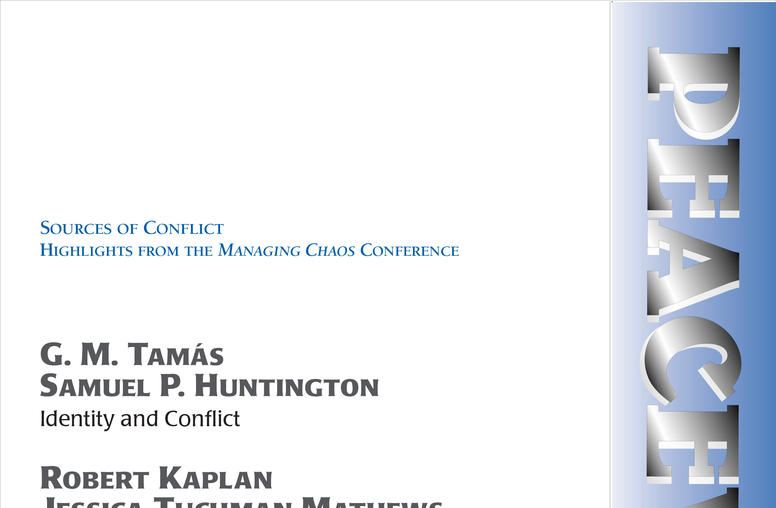
Sources of Conflict: Highlights from the Managing Chaos Conference
The choice of the term "chaos" could hardly be regarded as a choice beyond controversy. The choice was made in part to acknowledge the debate surrounding the term that surfaced during 1994 and continues apace. Spurred primarily by events in Somalia, Haiti, Bosnia, and Rwanda (and the international community's less-than-perfect responses to them), this debate centers on the question of whether the forces of order in the world are not in fact being overwhelmed by increasing and increasingly nov...
Keynote Addresses from "Managing Chaos" Conference: Aspin and Koppel
In this volume, we have transcribed and edited the remarks of two keynote speakers, Secretary Les Aspin and Mr. Ted Koppel to meet what has become a very considerable public demand for their presentations from the "Managing Chaos: Coping with International Conflict into the 21st Century" conference.
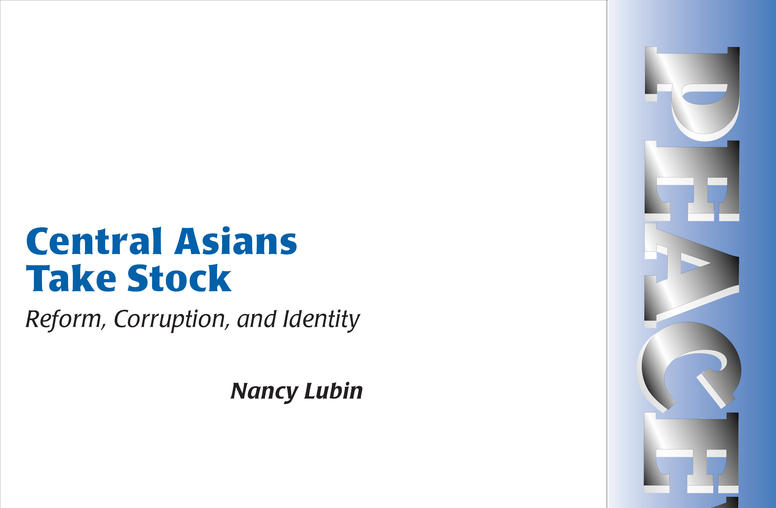
Central Asians Take Stock: Reform, Corruption, and Identity
The United States is interested in encouraging the development of stable, democratic systems, and market economies in new countries such as Uzbekistan, Kazakhstan, and Turkmenistan, and to minimize the social, ethnic, religious and other sources of conflict that could destabilize the region further. But increasingly, effectiveness in these efforts will depend as much on the views from below as from policies promulgated from above.
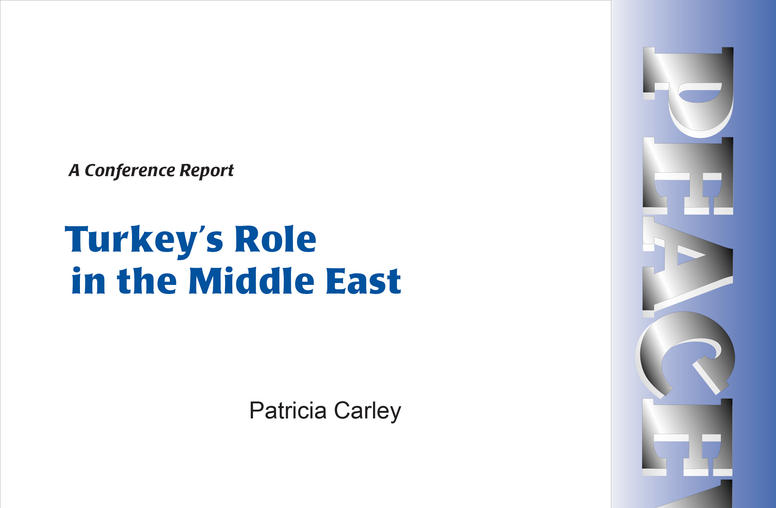
Turkey's Role in the Middle East
The end of the Cold War seemed to portend a decline in Turkey's strategic importance to the West; however, the political changes in the world since 1989 have also loosened the constraints within which Turkey can act. As a result, Ankara's foreign policy has been redirected from its strictly western orientation to one in which the countries of the Middle East have become potentially more significant.